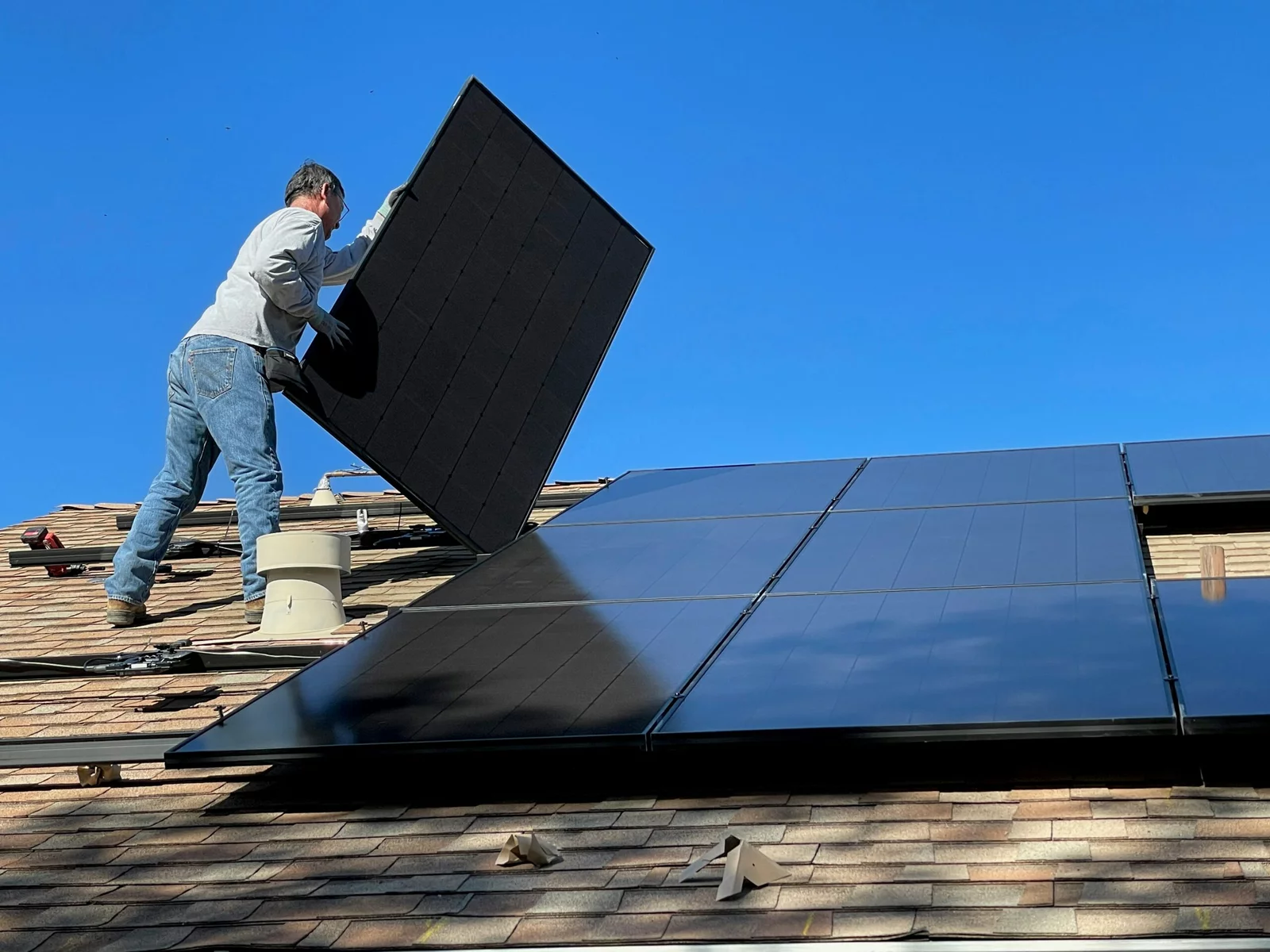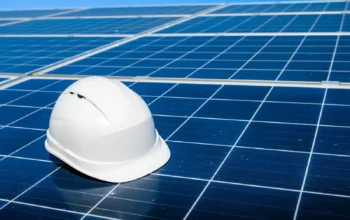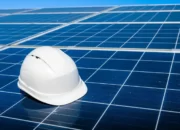middleportal.com – When it comes to harnessing the power of solar energy, many individuals and households are interested in exploring the possibility of installing solar panels. Not only do solar panels help reduce electricity bills, but they also contribute to a cleaner and more sustainable environment. While the federal government does not offer free solar panel installation, there are government assistance programs available that can help make solar energy more accessible and affordable for certain individuals and households.
Energy Efficiency Assistance Programs
One avenue through which individuals and households can explore the possibility of obtaining solar panels at a reduced cost is through energy efficiency assistance programs. These programs, offered by various government agencies, aim to promote energy efficiency and reduce the overall energy consumption of households.
It is important to note that these benefits are typically reserved for low-income households who may struggle to afford the upfront costs associated with installing solar panels. These programs are designed to provide financial assistance to eligible individuals, making it easier for them to adopt renewable energy solutions such as solar panels.
State and Local Programs
In addition to federal programs, many states and local governments also offer their own incentives and assistance programs for solar panel installation. These programs vary from state to state and even from city to city, so it is essential to research the specific programs available in your area.
Some common incentives and programs offered by states and local governments include:
- Solar tax credits: Some states offer tax credits that can significantly reduce the cost of installing solar panels.
- Rebates: Certain states provide rebates or cash incentives to homeowners who install solar panels.
- Net metering: Net metering allows homeowners to sell excess electricity generated by their solar panels back to the grid, resulting in potential cost savings.
- Property tax exemptions: In some areas, installing solar panels may exempt homeowners from paying additional property taxes.
It is worth noting that these programs are subject to change, so it is important to stay updated on the latest incentives and assistance programs available in your area.
Community Solar Programs
Another option to consider is community solar programs. These programs allow individuals and households to benefit from solar energy without having to install panels on their own properties. Instead, participants can subscribe to a community solar project and receive credits or a share of the energy produced by the project.
Community solar programs are particularly beneficial for individuals who may not have suitable rooftops for solar panel installation or who are unable to afford the upfront costs. By participating in a community solar program, individuals can still enjoy the benefits of solar energy while supporting the development of renewable energy projects in their community.
Conclusion
While the federal government does not offer free solar panel installation, there are various government assistance programs available that can help make solar energy more accessible and affordable. Energy efficiency assistance programs, state and local incentives, and community solar programs are all avenues worth exploring for individuals and households interested in harnessing the power of solar energy.
It is important to research and stay updated on the specific programs available in your area, as these programs can vary widely. By taking advantage of these programs, eligible individuals and households can take a significant step towards reducing their carbon footprint, saving on energy costs, and contributing to a greener and more sustainable future.


